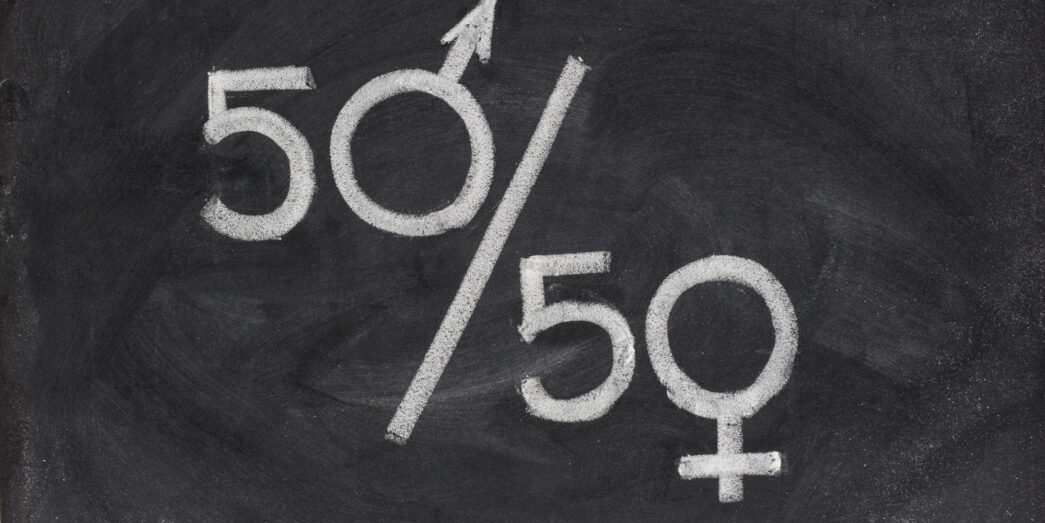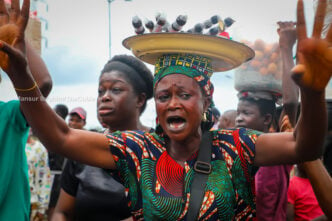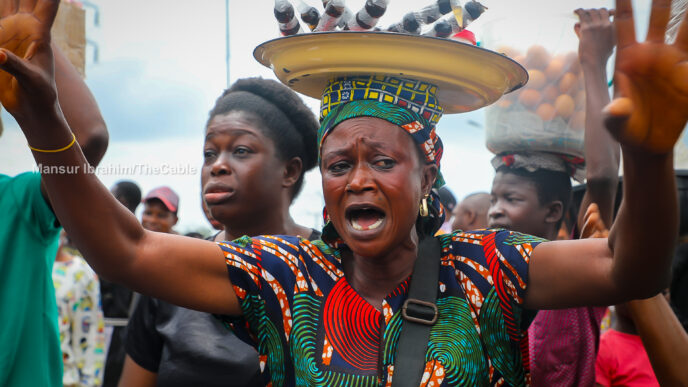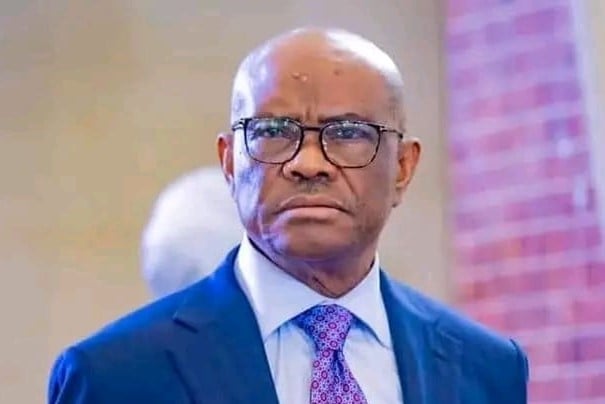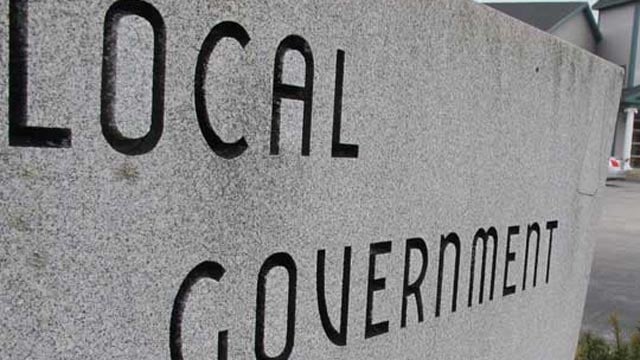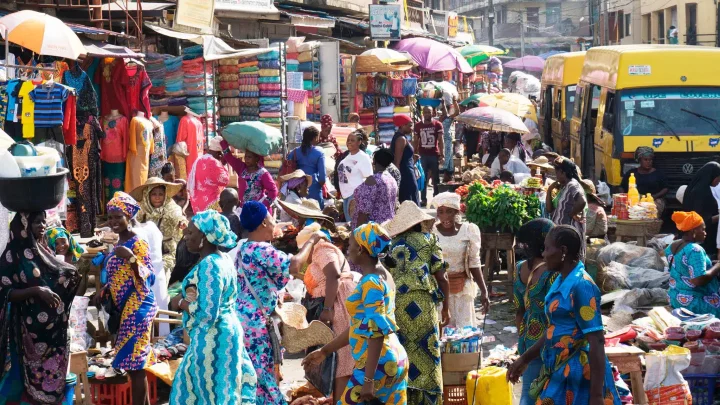gender equal opportunity or representation
BY ELIZABETH CHISOROM CHUKWU
In recent years, the word “feminism” has become a lightning rod for controversy in Nigeria. Public figures, from politicians to religious leaders, have railed against it, labelling it a threat to family values and cultural identity. Online, feminist activists face an avalanche of abuse, often dismissed as radical, misguided, or even dangerous. But behind this demonisation lies a deeper issue: a profound misunderstanding of what feminism truly represents, worsened by the absence of feminist education and the rise of distorted voices claiming to speak for the movement. In Nigeria, these forces have combined to perpetuate a cycle of misinformation, keeping the true feminist ideals out of reach.
At its core, feminism is the advocacy for gender equality—a movement seeking to dismantle the systemic inequalities that limit opportunities for women and men alike. Feminism strives for a world where women have the same social, economic, and political rights as men. In the words of Gloria Steinem, “A feminist is anyone who recognises the equality and full humanity of women and men.” It isn’t, as many critics in Nigeria would argue, about hating men, undermining cultural traditions, or destroying the family unit. Yet, these misconceptions continue to dominate public discourse. The misconception, of course, is not accidental. Feminism is frequently misrepresented by those unfamiliar with its tenets, and by those whose positions of power are threatened by it. The result? A warped image of feminism that paints it as inherently destructive rather than as a movement striving for equity and justice.
A major reason for the demonisation of feminism in Nigeria is the lack of comprehensive feminist education. From primary school through university, the curriculum rarely includes discussions about gender equality, feminism, or women’s rights in meaningful ways. The few educational spaces that touch on women’s issues often approach them from conservative, patriarchal perspectives that reinforce existing inequalities rather than challenging them. This educational gap leaves much of the population vulnerable to misinformation. Without a proper understanding of feminism, Nigerians are more likely to accept caricatures of the movement that emphasise rebellion against cultural values or a desire to discard social norms. This narrative is further reinforced by patriarchal systems that dominate Nigerian culture, systems that stand to benefit from the continuation of gender inequality.
Advertisement
However, the real threat to feminism comes from more than the identified educational gap but also the hijacking of feminist messages by voices claiming to be feminist while promoting ideologies that contradict the movement’s foundational principles. Quite recently, since the popularisation of feminism on social media, certain individuals, often with large platforms, present themselves in this manner. Rather than fighting for gender equality, these figures often promote ideologies that are more about personal gain or empowerment for a select group of women, while sidelining the broader goal of true equality.
For instance, some may push narratives that centre on the domination of women over men or the rejection of traditional values in ways that are more divisive than productive. Others conflate personal grievances over failed relationships with systemic gender issues, using the language of feminism to advance self-serving ideas that often lack a foundation in the movement’s core principles. These individuals claim to represent feminism, yet their positions often veer into territory that is exclusionary, classist, or promotes gender inequality in reverse. This misrepresentation is particularly harmful because it leads to a profound misunderstanding of what feminism stands for. By advancing these distorted ideas, pseudo-feminists create a caricature of feminism that is weaponised by critics of the movement.
Anti-feminist groups and individuals in Nigeria have seized on these forms of feminism to further their agendas. They point to the actions and rhetoric of these pseudo-feminists as proof that feminism is dangerous, un-African, or even anti-men. In doing so, they conflate the personal opinions of these individuals with the entire feminist movement, using them as scapegoats to discredit feminism as a whole. This tactic is particularly effective because the distorted version of feminism promoted by these individuals often aligns with pre-existing fears about the movement. By highlighting the most extreme, controversial, or personal agendas masquerading as feminism, anti-feminist voices can frame the entire movement as one that seeks to disrupt social order and promote division between men and women.
Advertisement
The real damage, however, is not just in the demonisation of feminism, but in how it sidelines true feminist voices. Feminists working toward gender equality, fighting against gender-based violence, and advocating for women’s rights find their efforts undermined by the loud, misguided voices that dominate the discourse. Instead of focusing on systemic change and structural inequality, the public debate is often drawn into discussions about dating rules, or even the supposed superiority of women over men. These distractions shift the focus away from critical issues like domestic violence, reproductive health, economic inequality, and political representation for women.
Moreover, the distortion of feminism plays into the hands of those who benefit from the status quo. Patriarchal systems rely on public resistance to feminist ideals, and when feminism is misrepresented, it becomes easier to maintain those systems. The focus is no longer on achieving equality, but on defending against what is seen as an attack on cultural norms, families, and perhaps more importantly, men. In this way, pseudo-feminism becomes a convenient tool for anti-feminist movements to continue to silence feminist advocacy.
The danger of these pseudo-feminist voices is not only that they misrepresent feminism but that, once these false narratives take hold, they become self-reinforcing. Misinformation spreads quickly, particularly through social media, where extreme or provocative statements garner attention. For instance, during the recent #JusticeForChristianah movement on social media, particularly X—a powerful outcry against the alarming rise of femicide in Nigeria—an unrelated trend emerged, falsely suggesting that women were advocating for the killing of men in retaliation. This extreme narrative, which did not represent the views of most women or feminists, quickly gained attention. Instead of focusing on the urgent issue of femicide and gender-based violence, public discourse was hijacked by accusations that feminism promotes hypocrisy and hatred towards men.
The original message, aimed at addressing the systemic violence faced by women, was thus diluted and redirected, allowing detractors to undermine the legitimacy of the feminist movement. The circulation of this view of feminism feeds into the narrative that feminism is a threat, which in turn leads to the reluctance of people to engage with feminist ideals and provides fuel for those who seek to discredit the movement entirely. This cycle—where misrepresentation leads to demonisation, which fuels further misrepresentation—continues to perpetuate itself, and in Nigeria, this feedback loop is difficult to break. The public is presented with a skewed version of feminism, often without ever encountering the movement’s true values, resulting in the continuous misunderstanding of feminism in the country.
Advertisement
To break this cycle, true feminist voices in Nigeria must reclaim the narrative. The first step is to clearly distinguish between feminist principles and the personal or ideological agendas that have co-opted the movement. Feminism must be presented as what it truly is: a movement for gender equality, not a vehicle for personal empowerment at the expense of others. Public education about feminism is also essential. Schools, media, and religious/cultural institutions must provide accurate representations of what feminism is and what it stands for. This would help counter the misconceptions that allow anti-feminist groups to thrive and ensure that more Nigerians understand feminism in its proper context.
Part of this education must involve amplifying the voices of true feminist leaders—those who have dedicated their lives to advocating for gender equality in a way that aligns with Nigeria’s unique cultural and social realities. Nigerian feminists like Chimamanda Ngozi Adichie and many local activists continue to offer powerful and authentic insights into the struggle for equality. These voices must be given room to challenge the narratives that currently dominate public discourse. Furthermore, and perhaps most importantly, men must also be a part of this conversation. One of the greatest misconceptions is that feminism is a movement that excludes or attacks men. In reality, it is about dismantling the structures that harm everyone, including men. The exclusion of men from this discourse is, in itself, contradictory to the tenets of feminism.
I will reiterate: for feminism in Nigeria to thrive and achieve its true potential, the narrative must be reclaimed from those who seek to demonise it. Misinformation, stereotypes, and the harmful ideologies of pseudo-feminists must be countered with education, clarity, and authentic feminist voices. Feminism is not an enemy of Nigerian society; the real enemies are entrenched inequality, pervasive misinformation, and the deliberate misrepresentation of feminist ideals. Only by confronting these forces can we break free from the cycles of demonisation and stigmatisation.
Thus, the future of feminism lies not in extremes or division, but in building a society where men and women walk the same path to equality. When feminism is understood for what it truly represents—a commitment to fairness, justice, and shared human dignity—it becomes a movement not to be feared or mocked but embraced as a necessary force for societal progress. And once that understanding takes hold, feminism will not just persist—it will transform the Nigerian society for the better.
Advertisement
Elizabeth Chukwu is a corps member at Nigeria’s Institute for Peace and Conflict Resolution, Abuja; she writes via [email protected]]
Advertisement
Views expressed by contributors are strictly personal and not of TheCable.
Add a comment

